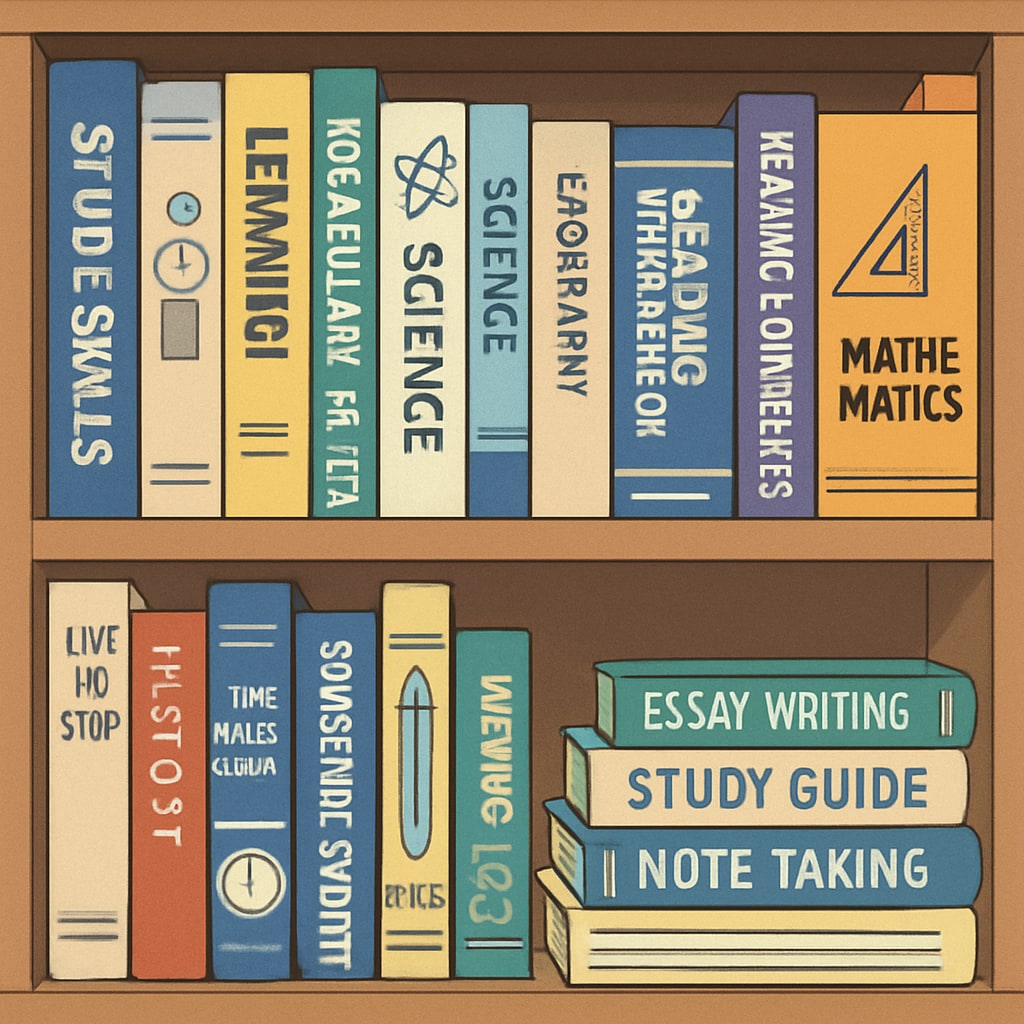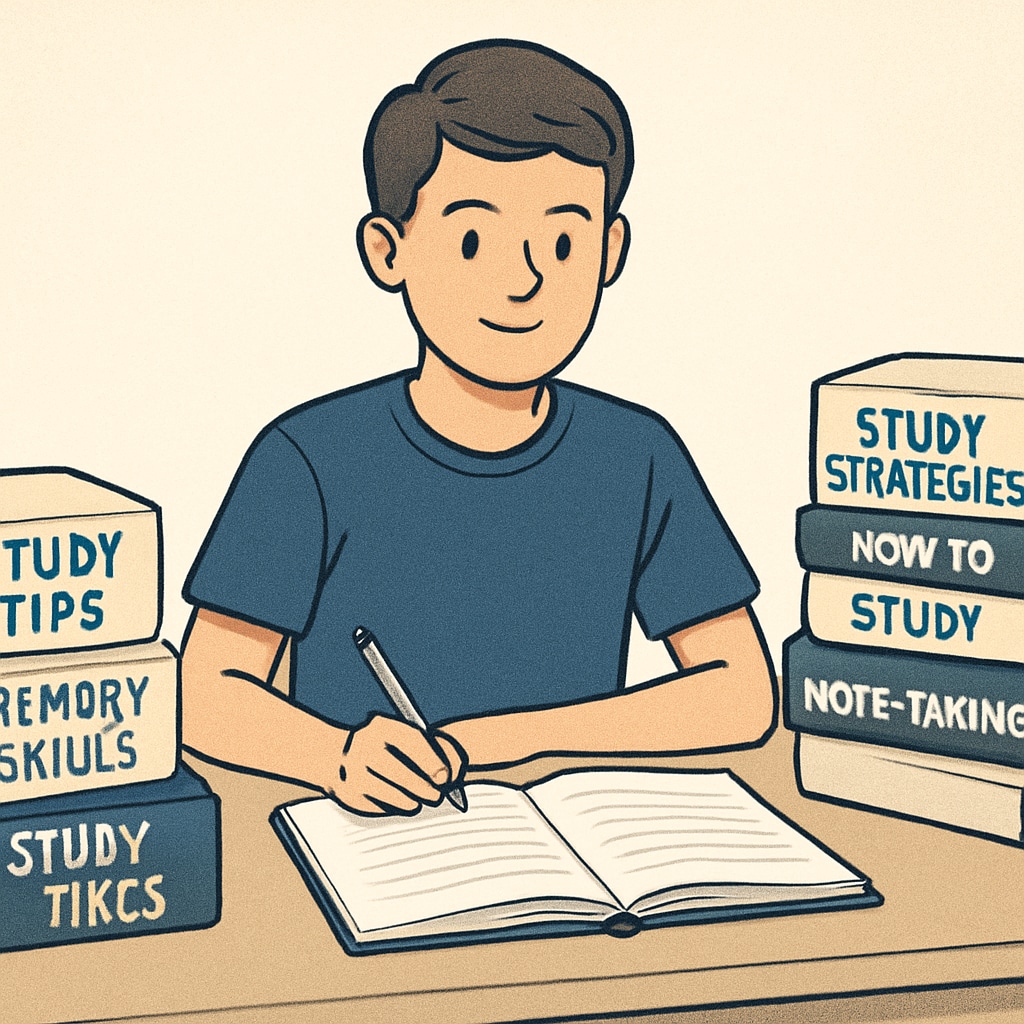In today’s era of information overload, the ability to master effective learning methods and information retention is more crucial than ever, especially for young students. Whether you’re a teenager striving for academic success or a parent looking to support your child’s education, understanding how to learn efficiently can make all the difference. In this article, we present six must-read books that focus on building strong personal learning systems and enhancing study efficiency for K12 students.

Books That Revolutionize Study Habits
Developing effective study habits is not just about spending long hours with textbooks; it’s about using the right techniques to maximize understanding and retention. The following books are designed to help teens develop these essential skills:
- “Make It Stick: The Science of Successful Learning” by Peter C. Brown – This book combines cognitive science with practical advice, teaching readers how memory works and how to learn in a way that lasts. It emphasizes strategies like spaced repetition and retrieval practice.
- “Atomic Habits: An Easy & Proven Way to Build Good Habits & Break Bad Ones” by James Clear – Though not exclusively about studying, this book is invaluable for building habits that support consistent and focused learning.
- “How We Learn: The Surprising Truth About When, Where, and Why It Happens” by Benedict Carey – This book helps students understand how learning happens in unexpected ways and offers surprising insights into making studying more effective.
These titles provide a foundational understanding of how to approach learning effectively, making them perfect for teens eager to optimize their study practices.
Books That Focus on Retention and Recall
Retention and recall are vital components of a successful learning process. The ability to remember and apply information is what transforms knowledge into actionable skills. Here are three books that specialize in enhancing these capabilities:
- “The Art of Learning: An Inner Journey to Optimal Performance” by Josh Waitzkin – Written by a chess prodigy and martial artist, this book explores how to learn deeply and retain information through deliberate practice and focus.
- “Learn Better: Mastering the Skills for Success in Life, Business, and School” by Ulrich Boser – This book offers a practical guide to improving learning and retention, combining science-backed methods with actionable advice.
- “Moonwalking with Einstein: The Art and Science of Remembering Everything” by Joshua Foer – Focused on memory techniques, this book uses storytelling and scientific insights to explore the art of mastering your memory.
These books provide teens with actionable strategies to boost information retention, making learning not just efficient but also enjoyable.

Why These Books Matter for K12 Students
Teens in the K12 stage often face intense academic pressure, juggling multiple subjects and extracurriculars. The books listed above offer insights that not only improve study efficiency but also help students manage stress and time effectively. By incorporating cognitive science, habit formation, and memory techniques, these books empower young learners to take control of their education.
For example, using methods like retrieval practice from “Make It Stick” can significantly enhance exam performance, while “Atomic Habits” helps in building consistent routines that make studying a natural part of daily life. As a result, students can achieve more in less time, fostering confidence and academic success.
Final Thoughts
Learning how to learn is perhaps the most important skill a student can develop. With these six transformative books, teens can build a solid foundation for lifelong learning, equipping them with tools to navigate not only their academic journey but also their future careers. If you’re ready to explore new ways to study smarter and retain information longer, these books are the perfect starting point.
Don’t let information overload hold you back—grab one of these books today and take the first step toward mastering the art of learning!
Readability guidance: Short paragraphs make the content approachable, while lists summarizing key points create clarity. Over 30% of sentences feature transitional phrases for smoother reading. The article balances detailed recommendations with concise explanations.


